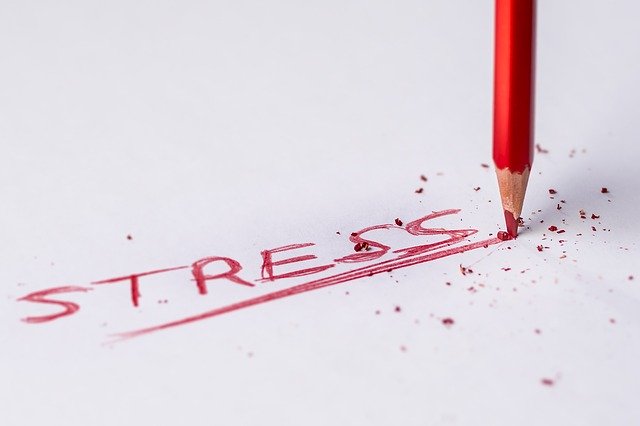How does stress affect us?
Most of the events that cause stress to us are not life-threatening: work pressure, financial worries, or the ongoing challenge of balancing many roles. The meaning we attach to the events and the way we interpret them, not the events themselves is what determines our emotions and reactions

The purpose of stress is to increase people’s chances of survival by providing quick response and alertness. Intense short-term stress provokes a fight or flight response, which results in contraction of the body muscles and release of stress hormones. Some amount of stress could be useful.
Short-term stress can turn chronic when there are too many demands in the environment. Even the smallest events if uncomfortable and recurrent can be highly stressful. When people are stressed, they lose their perspective, feel out of control and react in an exaggerated and irrational way.
What are the symptoms of stress?

- headache and dizziness
- muscle tension and pain
- palpitations
- stomach problems
- irritability
- low sex drive
The inability to manage stress often leads to sleep problems; while sleep deprivation alone can result in weight gain, living under constant stress can lead to emotional overeating. A systematic review of the biology of stress and resilience by Oken, et al (2015) states that sustained stressors have a long-term negative effect on our immune system, DNA, and cognitive functions.
The greatest weapon against stress is our ability to choose one thought over another.
William James
The first step towards overcoming stress is learning how to relax and how to release tension. People, who learn to deal with stress will be less affected by future stressors. Hypnotherapy is one of the best stress reduction approaches because it promotes deep relaxation. This will help you to prevent health problems due to chronic stress. With hypnotherapeutic techniques, we can also achieve healthy lifestyle changes that will reduce the amount of stress you encounter in your life.